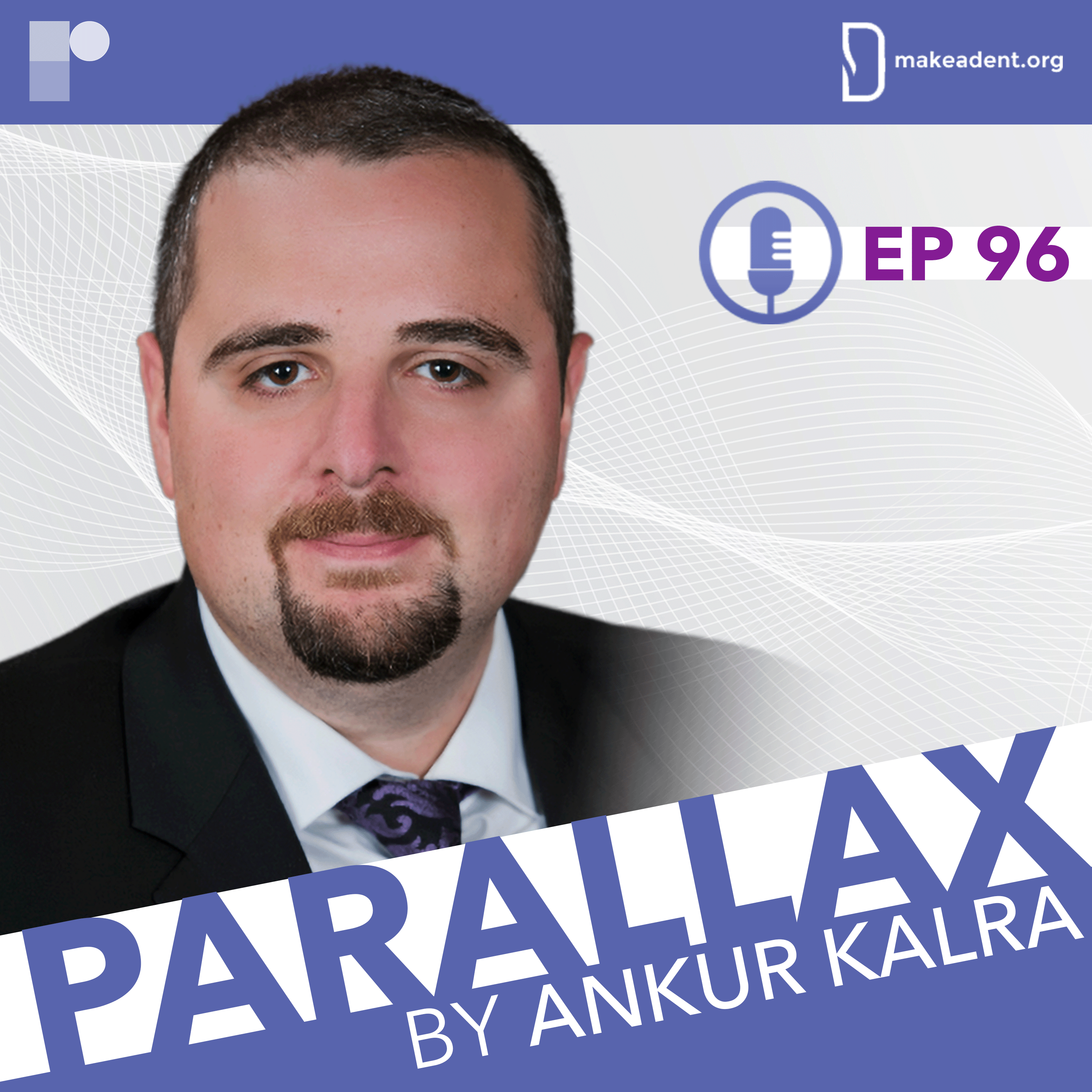
In the second episode of our mini-series "Conversations about Hypertrophic Cardiomyopathy", Dr Ankur Kalra sat down with Dr Ahmad Masri to have a deep-dive into the management paradigms of hypertrophic cardiomyopathy (HCM), considering the evolution of medical therapy in recent years. Dr Ahmad Masri is a Cardiologist and the Director of OHSU Hypertrophic Cardiomyopathy Center.
This series is supported by an unrestricted educational grant from Bristol Myers Squibb. Please see www.camzyosrems.com for important safety information.
Dr Kalra invites Dr Masri to guide us through his decision-making process in evaluating medical and surgical options in patients with obstructive hypertrophic cardiomyopathy. Dr Masri delves into first and second-line treatment strategies while exploring the significance of FDA-approved cardiac myosin inhibitors in the management of hypertrophic cardiomyopathy. Dr Kalra asks Dr Masri about the practical office-based clinical course for patients deemed suitable candidates to receive mavacamten. Dr Masri provides a clear and practical outline of what it entails to opt for this second-line medical therapy including the REMS programme required for therapy (www.camzyosrems.com). Dr Masri highlights the importance of looking at HCM patients holistically to find the treatment which best fits their circumstances and preferences in choosing surgical and medical therapy options.
What are the available management options for patients with HCM? How does Dr Masri approach shared decision-making in the management of HCM? What are some of the practical considerations regarding the cardiac myosin inhibitor, mavacamten?
This content is intended for US-based physicians.
This series is supported by an unrestricted educational grant from Bristol Myers Squibb.

Dr Owens is Medical Director of the Center for Inherited Cardiac Disease and Associate Professor of Medicine at the Hospital of the University of Pennsylvania.
This series is supported by an unrestricted educational grant from Bristol Myers Squibb. Please see www.camzyosrems.com for important safety information.
This content is intended for US-based physicians.

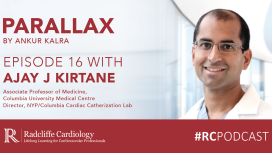
Ajay also talks about how he has negotiated between competing priorities in clinical and academic work, and how he manages fatherhood with a busy career. Ahead of the American Heart Association Scientific Sessions 2019, Ajay also shared what he thinks we can expect from the highly anticipate ISCHEMIA trial. Submit your question to Ankur via: podcast@radciffe-group.com.
Hosted by @AnkurKalraMD. Produced by @RadcliffeCARDIO.
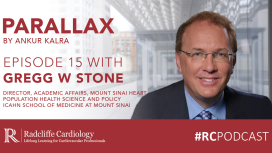
Gregg also shares his tips on how to progress from clinical practice to academic research, and what it takes to be a successful clinical investigator. Finally, Gregg shares with Ankur what personality traits he looks for in mentees and why presenting a final project is not enough. Submit your question to Ankur via: podcast@radciffe-group.com.
Hosted by @AnkurKalraMD. Produced by @RadcliffeCARDIO.
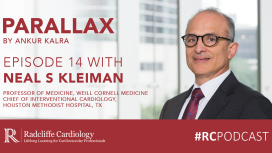
Digging more into the practicalities of everyday work-life, Neal reflects on the challenges of reporting to multiple bosses who have different goals, and how geography enabled him to move between cathlab and academia. Neal also shares what he looks for in early career academic cardiologists. Submit your question to Ankur via: podcast@radciffe-group.com.
Hosted by @AnkurKalraMD. Produced by @RadcliffeCARDIO.
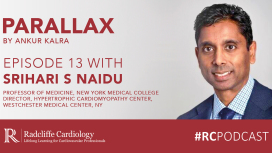
Ahead of TCT 2019, Ankur and Hari also talk about which trials presented in San Francisco they are most excited about! Submit your question to Ankur via: podcast@radciffe-group.com. Guest @SrihariNaiduMD.
Hosted by @AnkurKalraMD. Produced by @RadcliffeCARDIO.
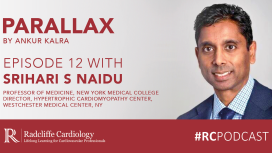
Having recently applied for the programme himself, Ankur also speaks with Hari about the history, purpose and future of the Society for Cardiovascular Angiography and Interventions (SCAI) Emerging Leader Mentorship (ELM) Fellowship Programme. Submit your question to: podcast@radciffe-group.com. Guest @SrihariNaiduMD.
Hosted by @AnkurKalraMD. Produced by @RadcliffeCARDIO.





